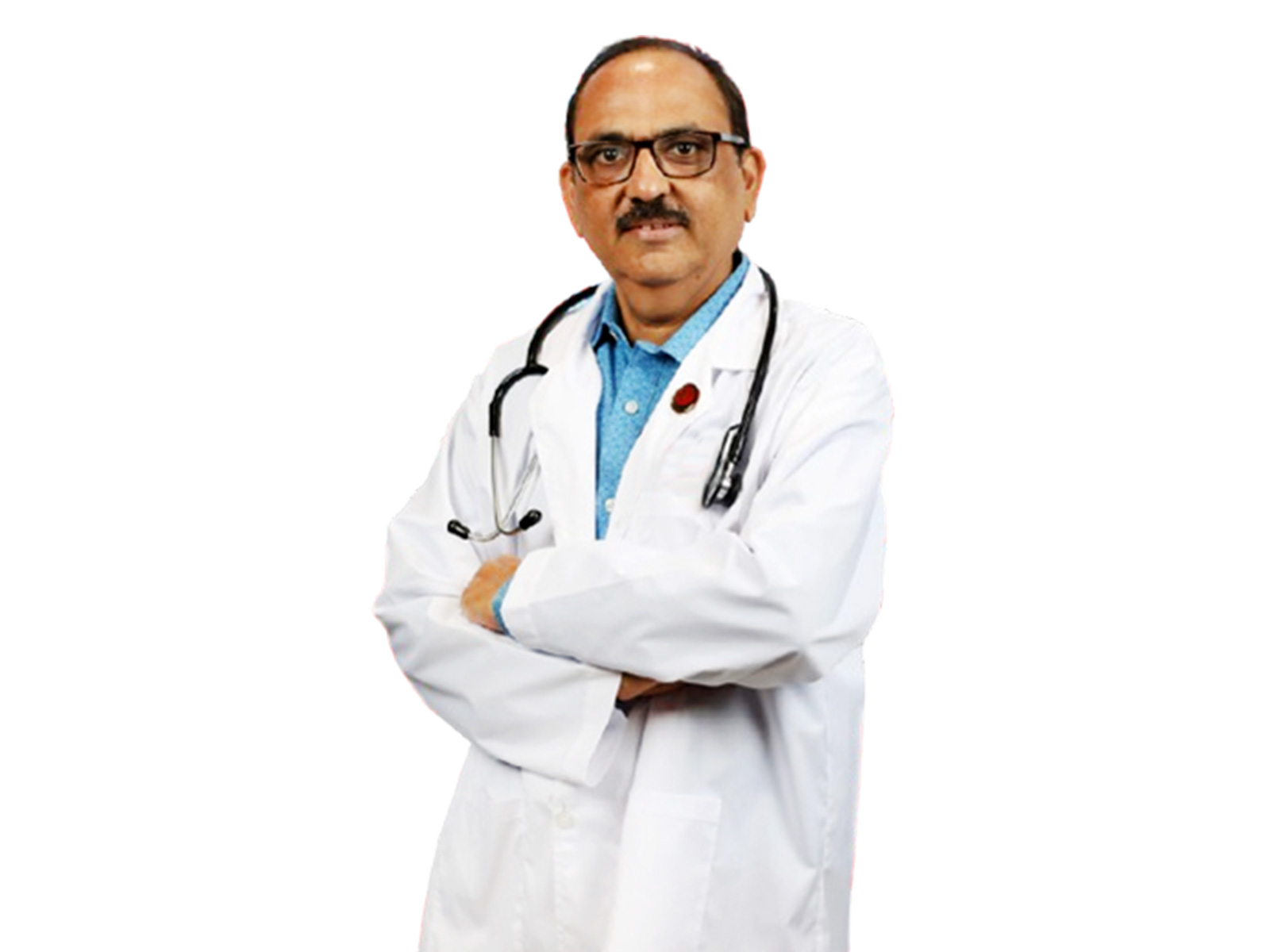Modern Heart Valve Surgery: Pioneering Techniques and Patient-Centered Care
Heart valve surgery is critical in treating heart valve disease, which affects key heart valves regulating blood flow. From traditional open-heart surgery to advanced techniques like minimally invasive and robotic-assisted procedures, modern advancements strive to improve patient recovery times, reduce risks, and enhance overall outcomes.

- Country:
- India
Heart valve surgery remains a pivotal intervention for those grappling with heart valve disease affecting the aortic, mitral, tricuspid, and pulmonary valves. Conditions such as stenosis or regurgitation necessitate timely surgical intervention to avert heart failure and promote long-term survival.
For years, open-heart surgery was the apex of surgical options, involving significant chest incisions and use of heart-lung machines for unimpeded heart access. This method, while effective, leads to prolonged hospital stays and recovery time, alongside elevated risks of complications. Minimally invasive surgery offers an advanced alternative, presenting benefits like reduced pain and quicker recovery but necessitating skilled surgeons and suitable patient conditions.
Robotic-assisted surgery and transcatheter techniques like TAVR are revolutionizing patient care, emphasizing precision and reduced trauma. Renowned cardiac expert Dr. Rajendra Umbarker highlights the individualization of care, stressing the importance of multidisciplinary teams in assessing patient needs to enhance recovery and life quality.
(With inputs from agencies.)










